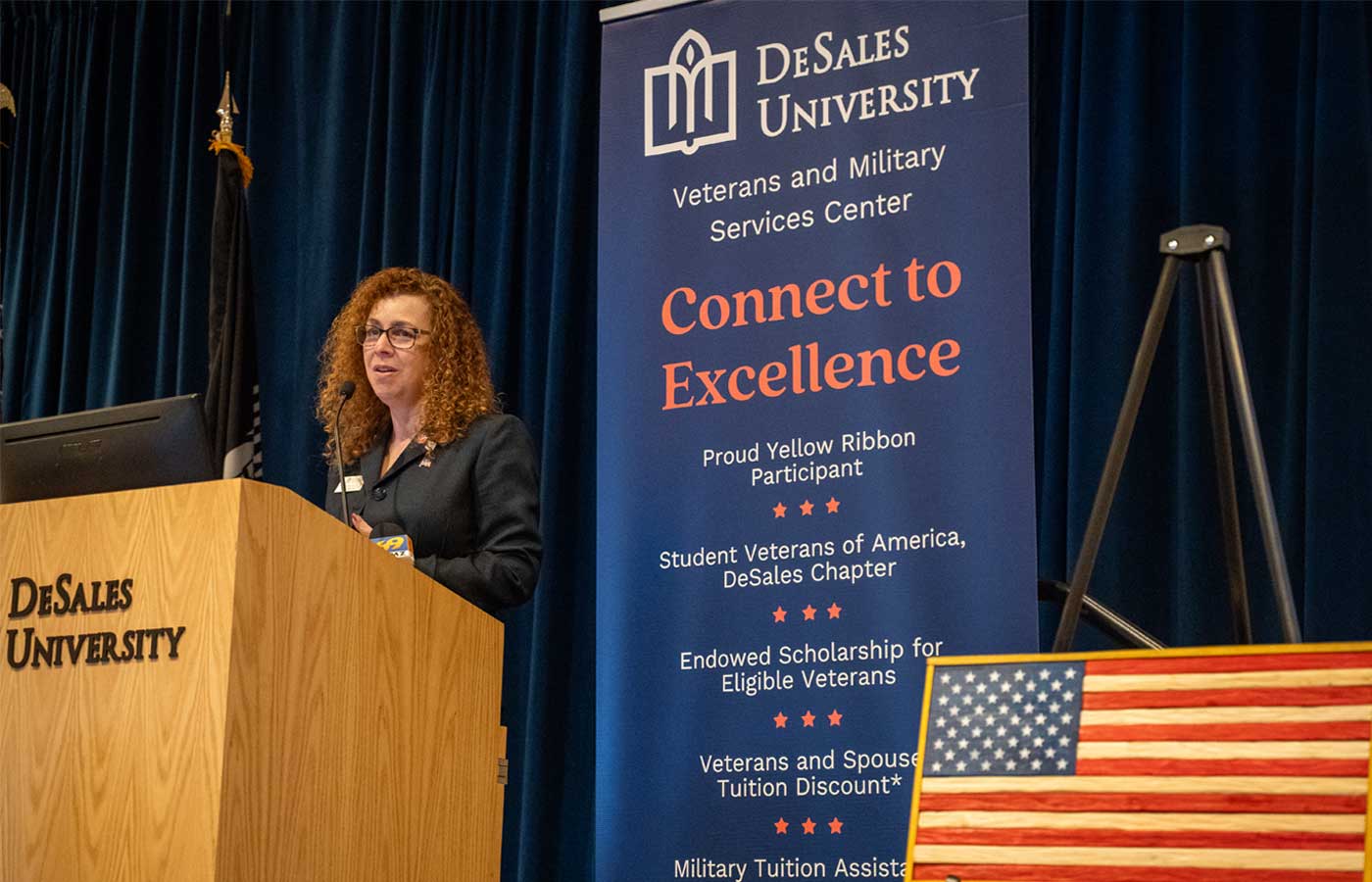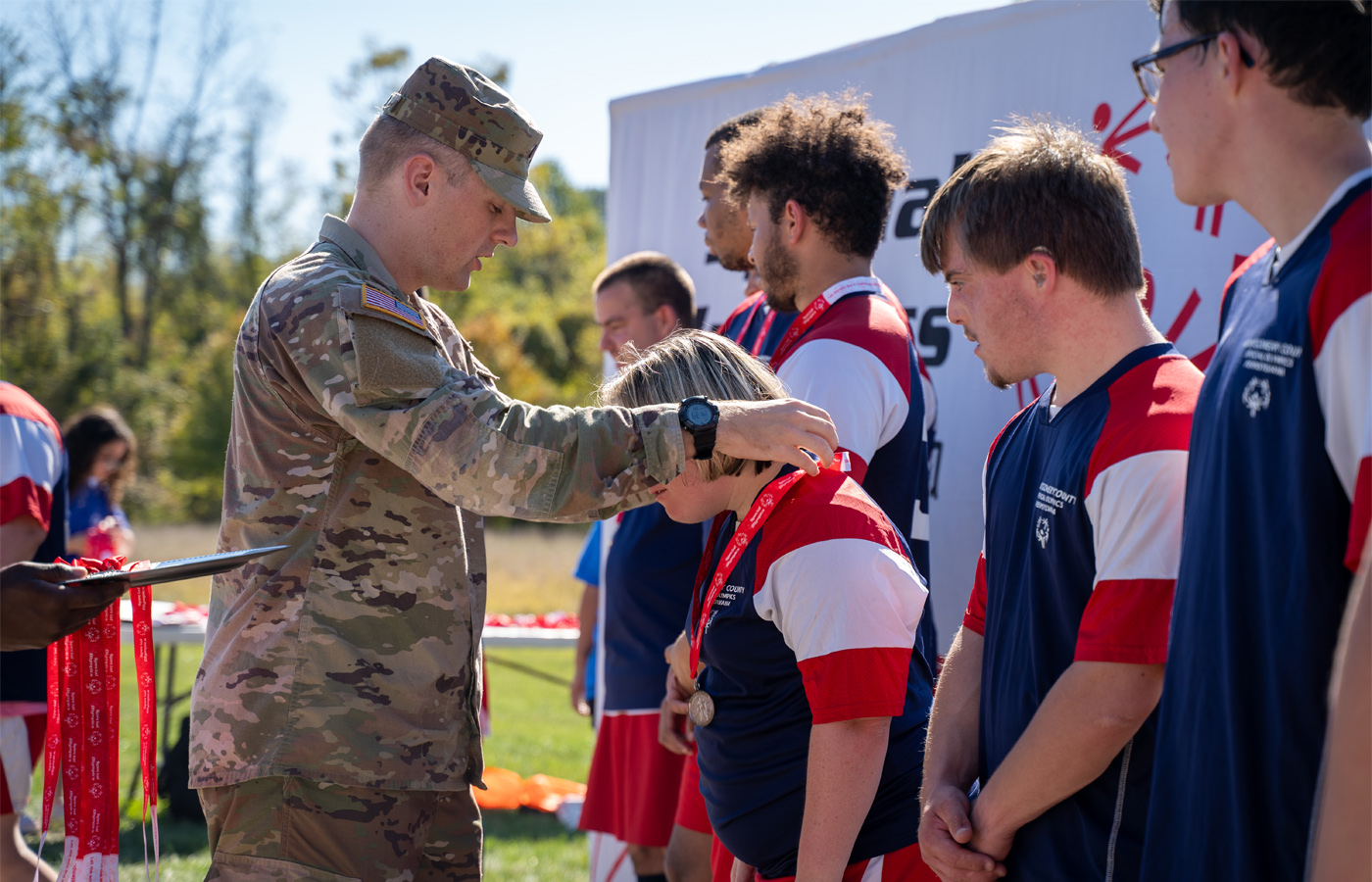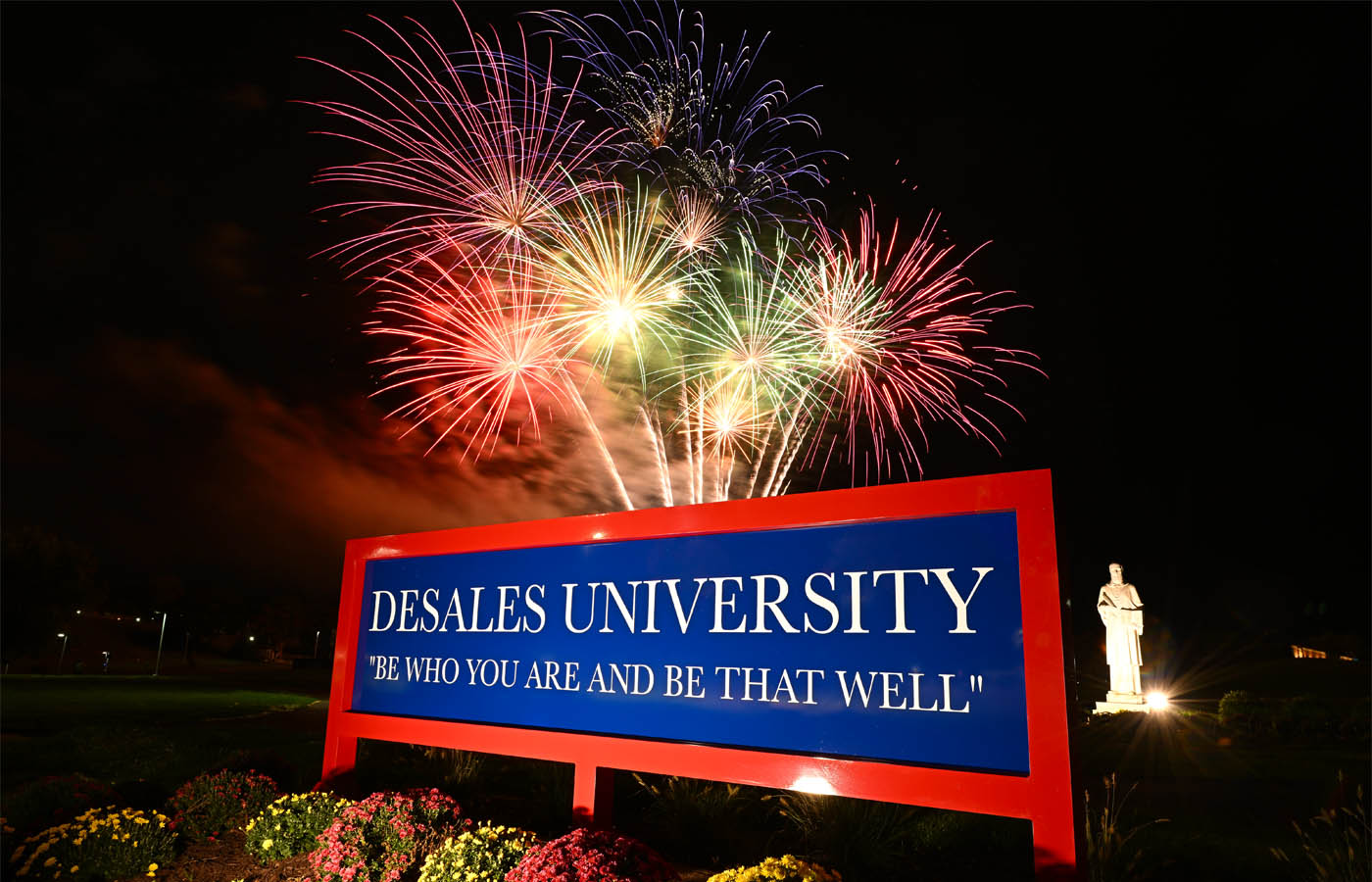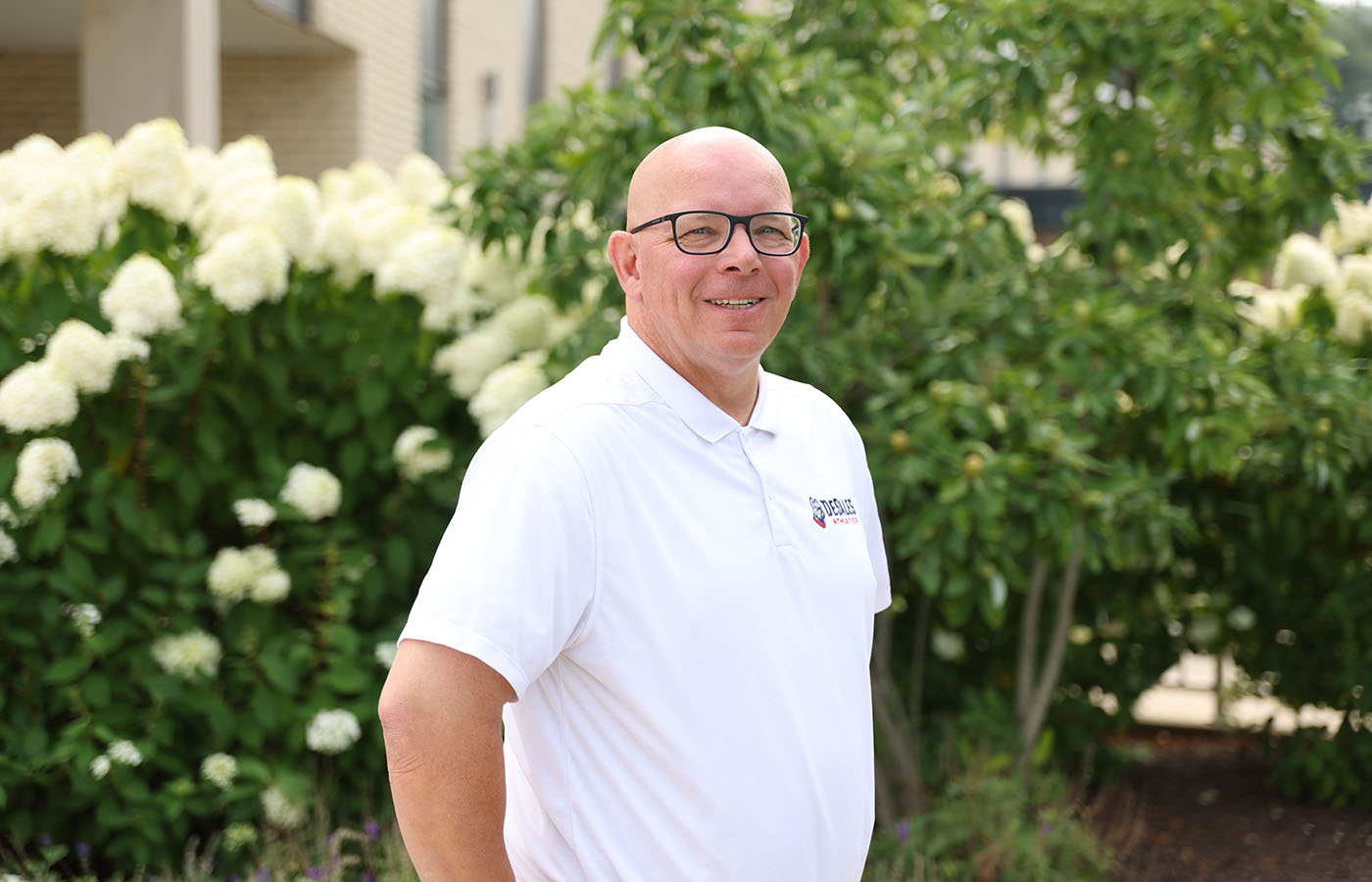Thinking Differently and Working Together: Temple Grandin Speaks to the DeSales DEI Healthcare Community
Temple Grandin knows the importance of collaborating with people who think in different and unique ways.
The internationally prominent author and speaker on autism and animal behavior shared advice and lessons learned from her storied career during a virtual conversation with the DeSales community on March 19. The Healthcare Professionals Interprofessional Committee on Diversity, Equity, and Inclusion hosted the event.
In the opening prayer, Father Kevin Nadolski, OSFS, vice president for mission, defined humility—one of the five Salesian core values—as “recognizing differences, understanding each other’s wonders, and knowing that we are all made in the image of God.”
As a person with autism, Grandin promotes the understanding, acceptance, and appreciation of people who are neurodiverse. Throughout her lecture, she made it clear that even though everyone has different approaches to solving problems, these differences are crucial in achieving true success.
“We need the skills of people who think differently,” she said.
While everyone knows what risk is, Grandin emphasized that not everyone understands it in the same way: “object visualizers see risk, spatial thinkers calculate risk, and verbal thinkers discuss risk.”
Grandin finished her lecture by providing advice to future healthcare providers, as well as those that encounter and care for people on the autism spectrum. Regarding working with neurodiverse individuals, she advised providing a checklist for tasks with multiple steps, avoiding long strips of verbal instructions, and not overloading their working memory with rapid multitasking. She encouraged providers to offer respect and avoid surprises as much as possible.
For neurodiverse individuals, she recommended finding friends through shared interests, getting regular exercise, finding job training opportunities, seeking mentors and teachers, and controlling fear and anxiety, through medical intervention if needed.
“This lecture was so crucial,” said Joyce Hanna ’25, a health science major in the 3+3 Doctor of Physical Therapy program. “It is essential for us as future professionals to understand everyone’s strengths and weaknesses in order to ensure that their needs are met in the best way possible.”
Grandin is a professor of animal science at Colorado State University. She’s written many books on both autism and animal behavior and welfare. She also has a successful career consulting on livestock handling equipment design. Today, half the cattle in the United States are handled in facilities that she designed.
Ultimately, Grandin’s story has served as an inspiration for many, including Karen Kent, Ph.D., director of the MBA program and chair of the healthcare administration major. For Kent, this impact is personal. When her son was diagnosed on the autism spectrum, Kent turned to one of Grandin’s books—“Animals in Translation”— for help.
“This book was an important source of realization for me and my husband, and we are grateful for the influence she has had on our family and countless others,” Kent said. “Temple Grandin's story is a testament to the power of perseverance, ingenuity, and the human spirit.”



